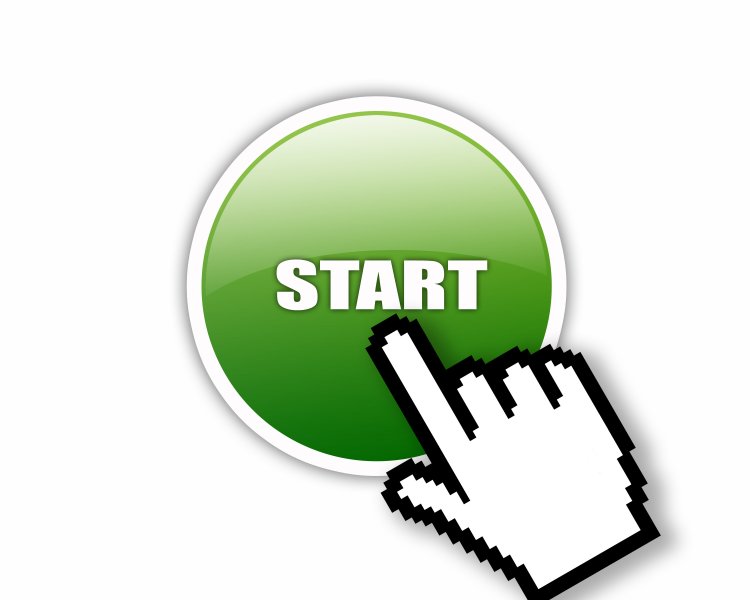Start-ups Stalled
Cynthia Kay

You might think that the numbers say it all but I believe we need to look deeper. According to the Small Business Administration (SBA), there are 27.9 million small businesses in the United States and they make up 99.7% of U.S. employer firms. These businesses employ about 50% of the country’s private sector workforce. For a time, small business was one of the few bright spots in the economy –growing and creating jobs. But recently the positioning of small business as the “little engine that can pull us out of the economic downturn” has stalled.
You might be surprised to know that business start-ups are in a massive decline and that is creating an economic growth crisis. The Economic Innovation Group (EIG) released a study about the collapse of new businesses during the recovery.
Co-Founder John Lettieri addressed a group of small business owners at a recent event in Washington DC sponsored by NSBA. Lettiere said, “The startup-less recovery should serve as a wakeup call to policymakers. The U.S. is entering an era in which growing geographic disparities and a missing generation of new enterprises could threaten access to opportunity for millions of Americans.” This was echoed by other speakers who pointed out that new businesses are critical to net new job creation. John Dearie, Acting CEO of the Financial Services Forum and author of Where the Jobs Are, said what many small business owners have espoused for years. Increasing regulations and tax burdens are deterring many from starting businesses.
So, what is my takeaway from all of this? There are a few key things to consider. First, you must be a risk taker to open a small business. I am not sure if the risks are greater today than in the past decade. But, anecdotally I know that many would-be entrepreneurs are turning their backs on business-start-ups because they believe given the uncertainly of the economy the risk is not worth taking right now. Capital is another issue. Many of the small business owners I know, like me, used the equity in our homes to get started. Younger people today are often carrying huge student loans, have little savings and no equity. Getting a loan is next to impossible. Finally, there is the question of the passion and desire to be self-employed, to build and create a business. Millennial entrepreneurs are, according to research, missing in action. A report by the SBA says it all.
As the owner of a mature small business you might wonder why I care. It’s simple, new business start-ups are critical. They create jobs and help train talent for all of us. Start-ups keep businesses like mine from getting too set in our ways. We have to keep fresh to compete. Finally, true innovation often comes from those who are new to the business world. My hope is that this trend will not continue because it does not bode well for businesses large or small.

















